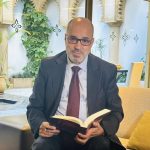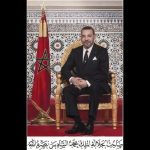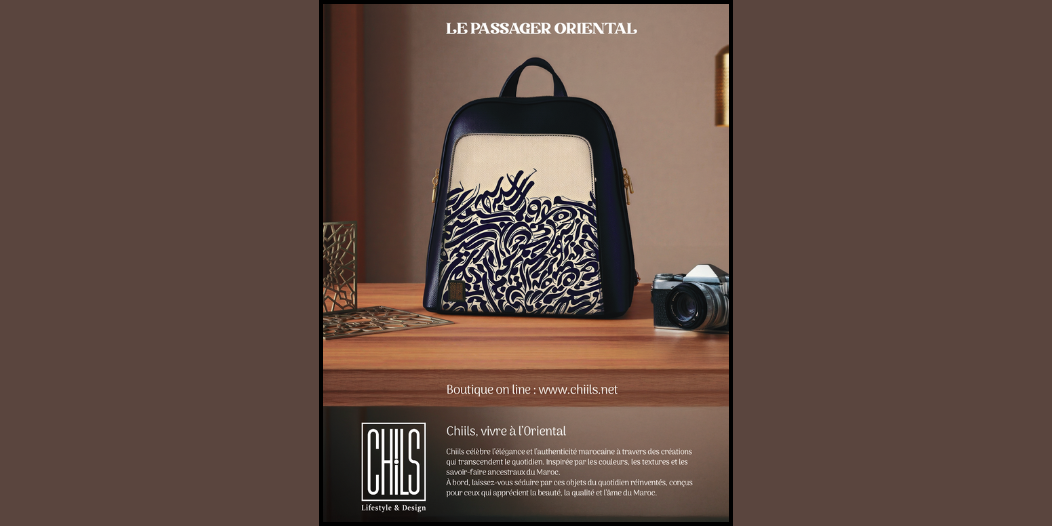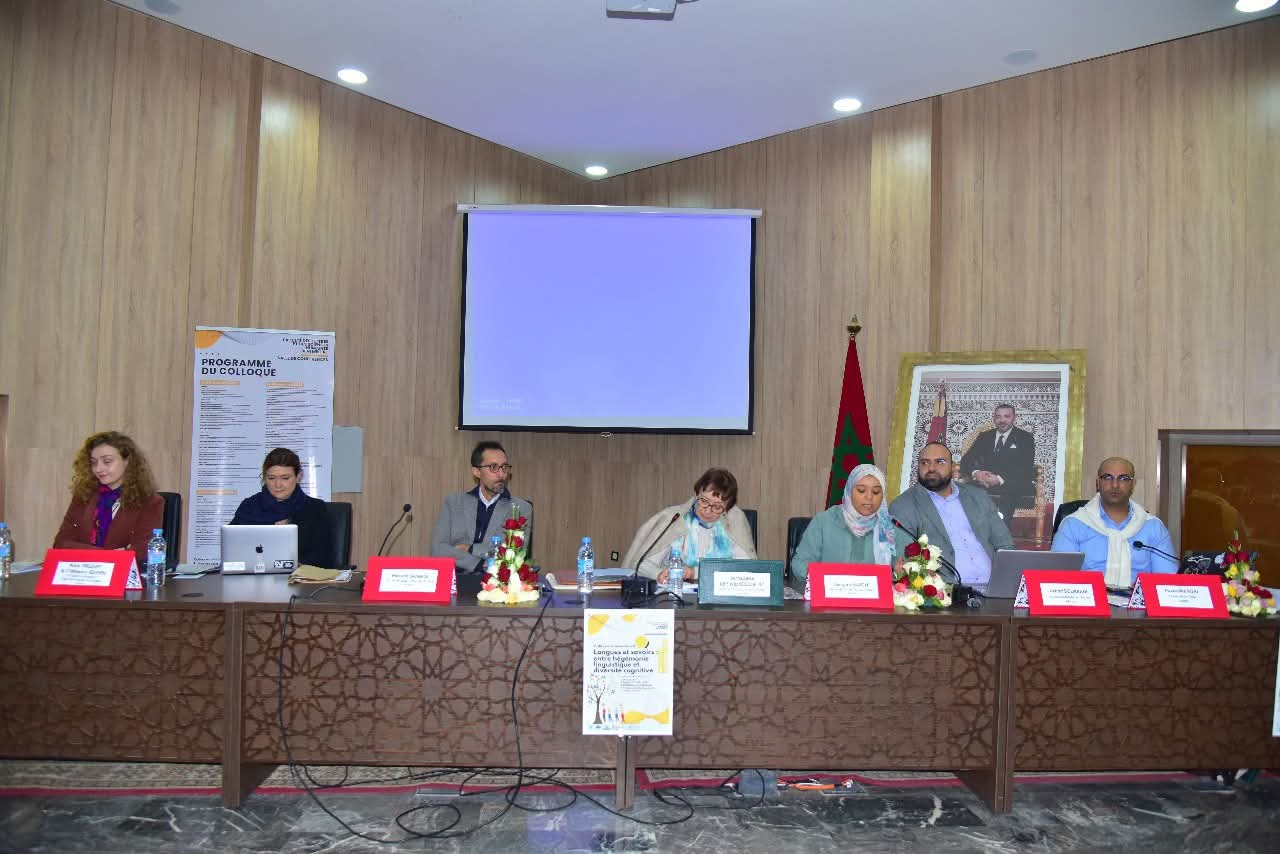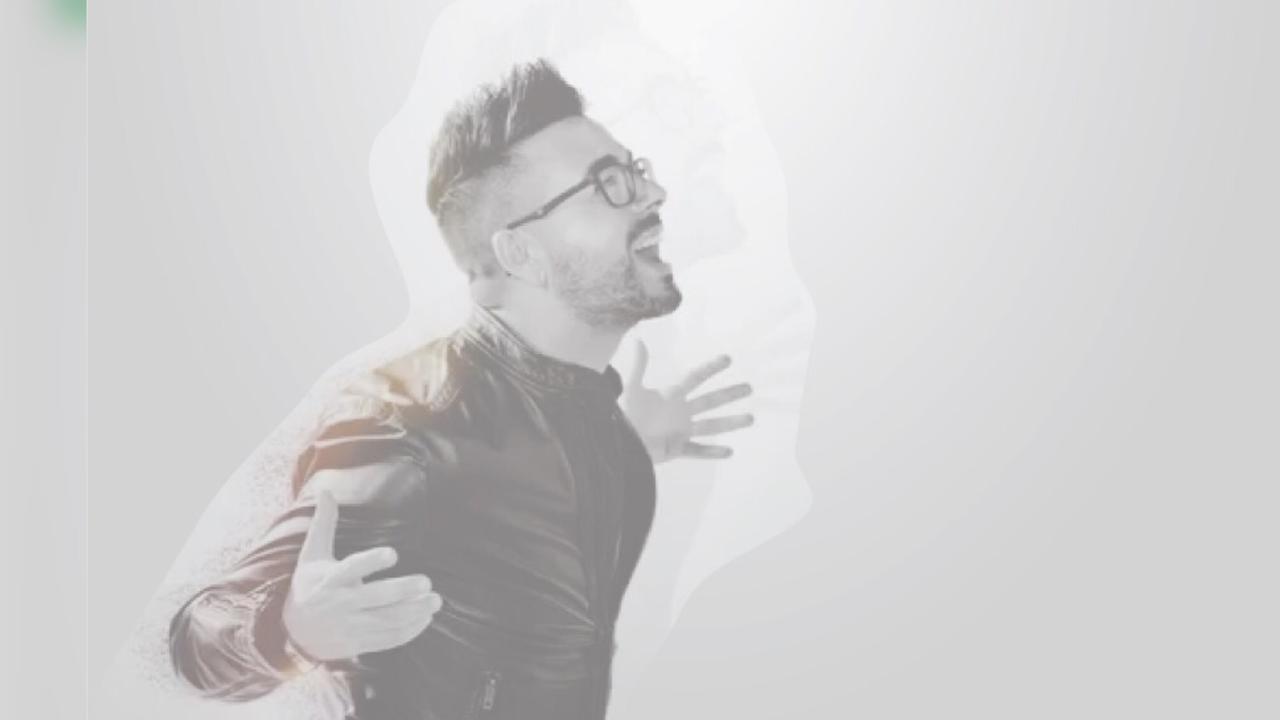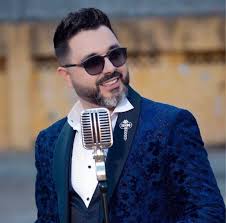Julian Milkis — Internationally acclaimed clarinetist, cultural ambassador, and the only protégé of the legendary Benny Goodman. Milkis, the Order of Malta for Healing Human Souls, whose musical journey spans classical, klezmer, jazz, and avant-garde traditions, is much more than a virtuoso: he is a messenger of peace and a believer in music as a force that unites worlds.
In this exclusive interview, Milkis speaks with heartfelt clarity about his deepening connection to Morocco, the power of music in bridging souls, and his tribute to late Georgian composer Giya Kancheli through the film I Used to Hate Clarinet. As the world reflects on the meaning of peace in the age of the Abraham Accords, Milkis invites us to listen not only with our ears — but also with our hearts.

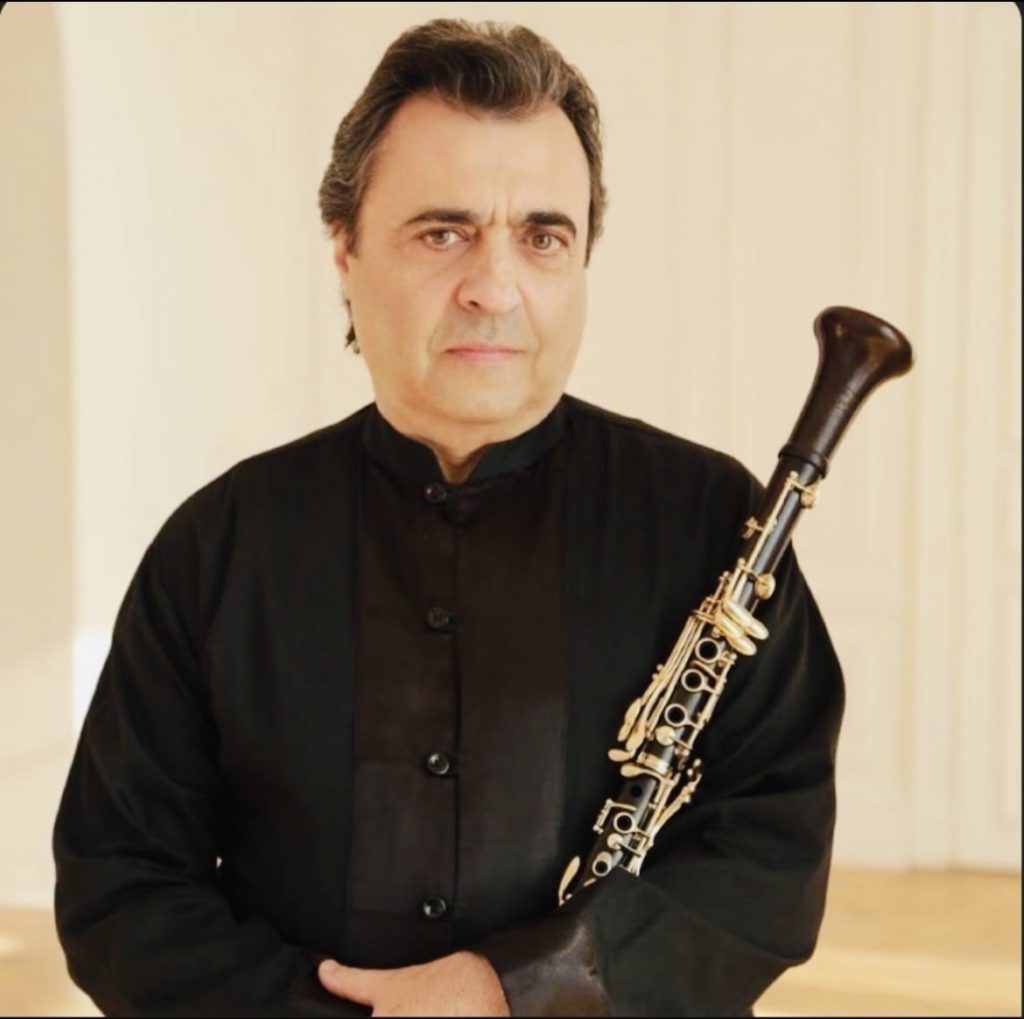
1. On the occasion of the 5th anniversary of the Abraham Accords, what message would you like to convey to the public — especially through your lens as an artist and cultural ambassador?
It is one of the greatest achievements of our generation. We will continue together to nurture it with care and respect, it will grow stronger and bring even more light to our peoples.
The Abraham Accords remind us that Jewish and Muslim communities share deep roots — we are all Semites. So these agreements are not only about politics, but about dignity, common sense, and a future of friendship.
As an artist, I believe music can help people remember that.
So I strongly believe it works and finally,reason and common sense will prevail.. And I hope that through culture, through music, through exchange, this path of peace will not just continue but grow stronger.
2. What are your upcoming projects? How do you envision contributing to a fruitful Moroccan–Israeli–American collaboration through music and the arts?
I will contribute as much as possible — to peace through music, from my side.
As you know, for this whole season I’m concentrating on the music of Giya Kancheli. It’s his 90th anniversary, and I believe his music should be performed and celebrated all over the world — because it heals hearts, it heals people. I’m ready to play in Morocco, in Africa, in Arab countries, in Israel, in Europe and beyond. Absolutely. Without peace, everything else is meaningless. Love is the key.
3. You’re known to be a devoted admirer of Casablanca, the Rick’s Cafe and Casablanca the movie. Can you tell us more about your story with the White City and what draws you to it?
Ever since I saw the great movie Casablanca with Humphrey Bogart, I have always wanted to visit this beautiful city. Does the restaurant from the film still exist? (Yes) oh my goodness, what a legendary place! And of course, I’ve tasted Moroccan food outside of Morocco, but I am sure the real flavors, the spices, the atmosphere — they can only be experienced there. This is what draws me: the blend of history, art, and hospitality that makes Casablanca unforgettable.
4. Besides Casablanca, are there any other cities in Morocco where you would love to perform or create music?
Obviously I hope to start with the capital, Rabat, it would be very important. And Casablanca, the city I dreamed of, which also hosts the largest economic hub in Africa, Essaouira, with its rich musical Gnaoua history and Laayoune with its vibrant Moroccan Hassani music. As well as Settat, Meknes, Fez… and willing to discover all cities, especially those with a vibrant artistic spirit. I think it would be wonderful to create and perform everywhere in Morocco from Tangier to Lagouira. I hope to perform in Morocco in November to honor the Green March, it would be a great honor.
5. Morocco is internationally respected for its History, Civilization and interfaith harmony, guided by the Royal Vision of His Majesty King Mohammed VI. What message would you like to share with the Moroccan people?
The people of Morocco, under the Leadership of His Majesty King Mohammed VI, have already shown the world how harmony can be lived every day, in continuity with late Kings Hassan II and Mohammed V’s Commandery of the Faithful, the Kingdom’s honorable Model.
Now my message to the world is One word: Unite.
We should all be united and thinking of world peace, prosperity, and love.
United with music, with culture, with good things in life — because life goes so fast that it shouldn’t be wasted on horrible things.
It should be based on art, science, medicine, and sports and other beautiful and healthy things.
6. You recently visited Ukraine, including Babi Yar, an eternal scar on the surface of our planet that reminds us Never again. How do you believe music can help raise awareness about Holocaust remembrance, peace, and education?
There is a famous saying that music will save the world. I don’t fully agree with that. Music alone cannot save the world — only good people, leaders guided by Common sense, as we can see, and compassion, can.
When I visited Ukraine, and went to Babi Yar, I felt how music can remind us of our shared humanity.
Music opens hearts, and that is where true remembrance and peace must begin: having a good heart.
7. In your view, what role can Morocco play as a global cultural connector and leader for peace, thanks to its stability and openness?
I believe Morocco is a great model. Morocco can — and should — be a true global cultural connector on the multilateral front. Its geography already tells this story: in North Africa, just across from Spain. Spain itself was deeply influenced by *the Moroccan Andalusian culture. Morocco is not only Arabic — its culture is ancient, vibrant, authentic, modern, diverse, and very important.
It gives Morocco the chance to lead as a voice for peace and understanding. Personally, I would love to learn more, to experience more, and to share this beauty through music.
8. Are there any festivals — in Morocco or internationally — that you feel align closely with your musical identity and values?
I know Morocco has several remarkable festivals — in jazz, contemporary, classical and baroque music — and they align very closely with my own musical values. I would be glad to participate one day. Festivals like Jazzablanca, Mawazine and Fez Festival of World Sacred Music are wonderful examples of Morocco’s openness to the world. This season I am promoting the music of Giya Kancheli across the globe, and I hope to bring it to Morocco — it would be a perfect and very meaningful fit.”
9. Your film “I Used to Hate Clarinet” was shown in Toronto on August 10. How did the idea for this project come to life, and how did you choose the Canadian setting?
Yes, the film is called I Used to Hate Clarinet. It was shown in Toronto on August 10, on Giya Kancheli’s birthday. It is quite a long film for a documentary, about an hour and twenty-five minutes, and it was the last one made while Kancheli was still alive. It reveals his social life side. He was a genius, but at the same time so close to us. His music often brings tears — not from sadness, but from joy and deep emotion.
Kancheli himself had wished for people to see this film before even hearing his music, so that they could understand it in a deeper sense. It has already been shown in Ukraine — in Kharkiv, Odessa, Kyiv — and of course in the United States.
Now, it is being presented in Toronto, where the production company is based, the reason why this very setting was chosen. And in December, it will return again, this time followed by a live performance after the screening.
10. If you had to describe the legacy of your friend Giya Kancheli in just one sentence, what would it be?
It touches hearts. It heals hearts. It’s almost medicinal.
Once you hear his music, you’ll never be the same. You’ll never forget it.
The first time I heard it, I had to pull my car over — I was shocked by how beautiful and unusual it was.
“Music speaks directly to the human heart. Whether it’s a scene in a film, animation, a moment in a commercial, or the atmosphere of a game, an art installation or museum, medical facilities…everywhere the right sound can transform perception into memory.”
“After a Kancheli concert, I couldn’t speak. It felt as though he had unsealed my fear and transformed it into light.”
Kancheli’s music is what people turn to in life’s most profound moments. It doesn’t just accompany emotion—it becomes it: pain, light, and forgiveness in one. That is why it speaks so directly to the soul and leaves a timeless imprint. I would be honored to partner with Morocco for music placements in the Moroccan cinema industry.
11. Morocco has a wide and rich musical heritage — from Gnawa to Hassani, Ahwach to Amazigh traditions, and from Aissawa to the Moroccan Andalusian music genre. These styles have increasingly found their way into global fusion projects. What are your thoughts on Moroccan traditional and folk music? Could we one day see Julian Milkis collaborating within this colorful musical landscape?
I would love that. But I must be honest — I never want to pretend to know what I don’t. I need to learn more about Morocco’s music and its extraordinary traditions.
I do know that Andalusian and Moroccan roots are essentially the same, and I like Gnawa and Aissawa style. The way these traditions blend with jazz are interesting for me.
I’ve heard about the international fusion festival in Essaouira, and it sounds amazing. Please send me a video — I would love to explore more.
12. In the same vein of the previous question, Would you be inspired to promote a new Moroccan-American musical genre in your capacity as a cultural ambassador, exemplified by a musical tour from Tangier to Lagouira in your visit to Morocco? And with a Transatlantic Musical Initiative from the U.S., connecting Dakhla to Florida, or Tangier to a Manhattanites’ musical vibes in the future?
Yes, of course — it would be wonderful. From Tangier to Lagouira, I would be inspired and honored to perform. I can’t wait. And of course, looking forward to furthering musical cooperation between these two Atlantic countries and connecting art words beyond, especially the placement of my music in Moroccan movies and art works. Similarly, Moroccan artists are also welcome to collaborate with us in the future.
13. What’s your message about the Leadership of Late King His Majesty Mohammed V who firmly protected all the Moroccan citizens during Holocaust, against the Vichy regime’s horrible policies? What is your message about the legacy of the Moroccan Kings’ comprehensive Leadership as Global Peace Leaders, from late King Mohammed V as above-mentioned to late King Hassan II who was honored in Israel with a historical postage stamp along with various parks in His name including Ashdod, and in continuation with His Majesty King Mohammed VI, the Champion of interfaith as stated by the UNSG, and who is being commended on a daily basis by the most credible international actors?
From what I know, the Leadership of late King His Majesty Mohammed V — protecting all the Moroccan citizens during the Vichy regime — was a magnificent achievement. The overall peace legacy continued with late King Hassan II and now with His Majesty Mohammed VI. Today, people around the world follow in His Majesty’s Steps, I can only take my hat off with deepest respect.
From his passion for all Moroccan cities to his deep admiration and respect for the Moroccan Royal Leadership for global peace through international interfaith dialogue and regional security, Julian Milkis says it loud and clear: Morocco is in the Heart. He is working currently on his visit to Morocco in November to honor the Historic Green March, waiting for his dream to meet Casablanca to come true.
Again, his message on Holocaust Remembrance through Moroccan exemplary courage and lessons to the world for a better world order that should be taught in schools worldwide, reminds us of Never forget, Never again. Music’s role remains critical: it is not just entertainment — it is remembrance, resistance, and reconciliation. His admiration for Morocco’s interfaith harmony and cultural leadership under His Majesty King Mohammed VI underscores his belief in Morocco as a global connector through the arts.
Whether performing for the world’s global memory spaces, including memorial sites, Milkis brings not just a sound, but a deeper meaning — echoing across borders, faiths, and generations. As he says, “It heals hearts.” Through this conversation, Moroccan Zoom proudly shares a vision of cultural diplomacy and shared humanity, as admired too through the eyes — and the clarinet — of Julian Milkis.
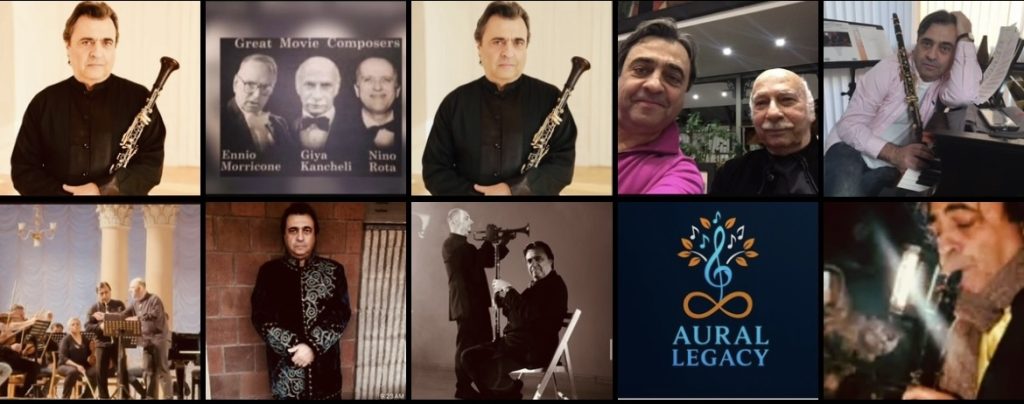
Interview for Moroccan Zoom conducted by Aimane Reghais, Journalist, and Chaimae Bouazzaoui, Abraham Accords Researcher.

